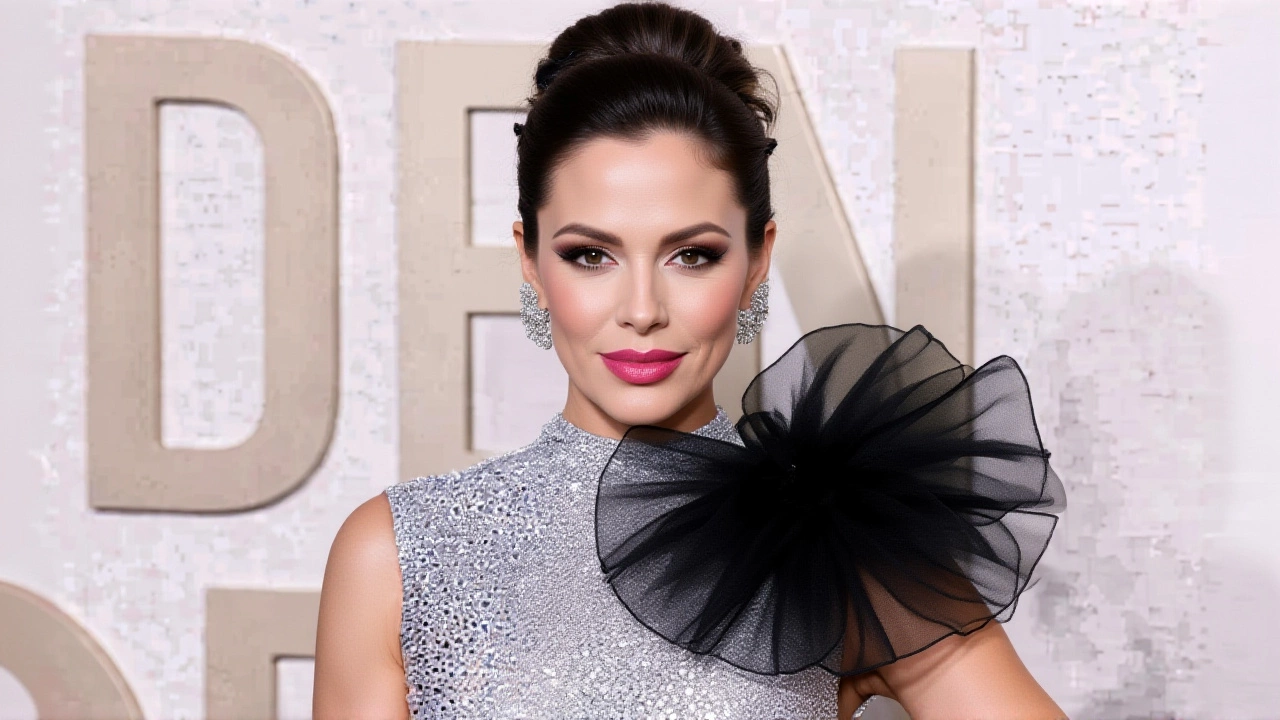
On July 15, 2025, Judy Loe, the British actress and mother of Kate Beckinsale, passed away in her daughter’s arms after a brutal battle with stage 4 cancer. She was 78. Just 11 days before Beckinsale’s 52nd birthday, the loss completed a devastating sequence: within 18 months, the actress lost both her mother and her stepfather, adding to the childhood trauma of discovering her biological father’s body at age five. The grief is not just personal—it’s structural, woven into the fabric of her life since childhood.
The Weight of Three Losses
Beckinsale’s life has been marked by loss in ways few can comprehend. Her biological father, Richard Beckinsale, died suddenly on March 19, 1979, at age 31 from an undiagnosed congenital heart defect. Kate found him alone in the middle of the night. "It shaped my entire life," she wrote years later on Instagram. That moment didn’t just haunt her—it rewired her understanding of safety, silence, and the fragility of love.Her mother, Judy Loe, married television director Roy Battersby in 1980, who became the steady, moral presence Beckinsale credits with raising her. Battersby died in January 2024 at age 87 after a brief illness. Beckinsale marked the anniversary of his death with a raw, public tribute: "I am so lucky that I was raised by someone who uncompromisingly knew what was right and lived it. And loved me. Thank you for being my father. I miss you so much."
Then, in July 2024, just months after Battersby’s death, Judy Loe was diagnosed with stage 4 cancer. The timeline is chilling: one parent gone, another fighting for life. Beckinsale, already grieving, became her mother’s primary caregiver. "I was trying with every single thing I had," she wrote. "It was not enough."
A Public Grief, A Private Pain
Beckinsale didn’t announce her mother’s death immediately. She waited until July 17, 2025, only because she had to register the death certificate—and knew the news would become public anyway. "I don’t want to post this," she wrote on Instagram. "But I have to control the narrative."The post was devastating in its simplicity. "She died the night of July 15th in my arms after immeasurable suffering," she wrote. Then, the line that broke hearts worldwide: "Oh my Mama… I’m sorry, I’m so sorry. I am so sorry."
She apologized for not curating the "best photos" or videos. "I cannot bear to go through my camera roll yet." That detail—so small, so human—tells you everything. This wasn’t a celebrity’s carefully staged mourning. This was a daughter who had no strength left to perform grief.
Media outlets like The Hollywood Reporter and Deadline Film + TV described Loe as "The Compass of My Life," based on Beckinsale’s private words. That phrase lingers. Not a mother. Not a parent. A compass. The one who pointed her home.
London, the Stage of Tragedy
This story is rooted in London. Richard Beckinsale starred in British sitcoms like Porridge and Going Straight. Judy Loe appeared in When the Boat Comes In and All Creatures Great and Small. Roy Battersby directed for the BBC. Their lives were lived in the same theaters, the same streets, the same quiet homes where tragedy unfolds without witnesses.Beckinsale, now a global star thanks to Underworld and Love & Death, returned to that city after her mother’s death. She didn’t go to a spa. She didn’t take a vacation. She sat with the silence. The same silence she knew as a child, when she woke up alone with her father’s body.
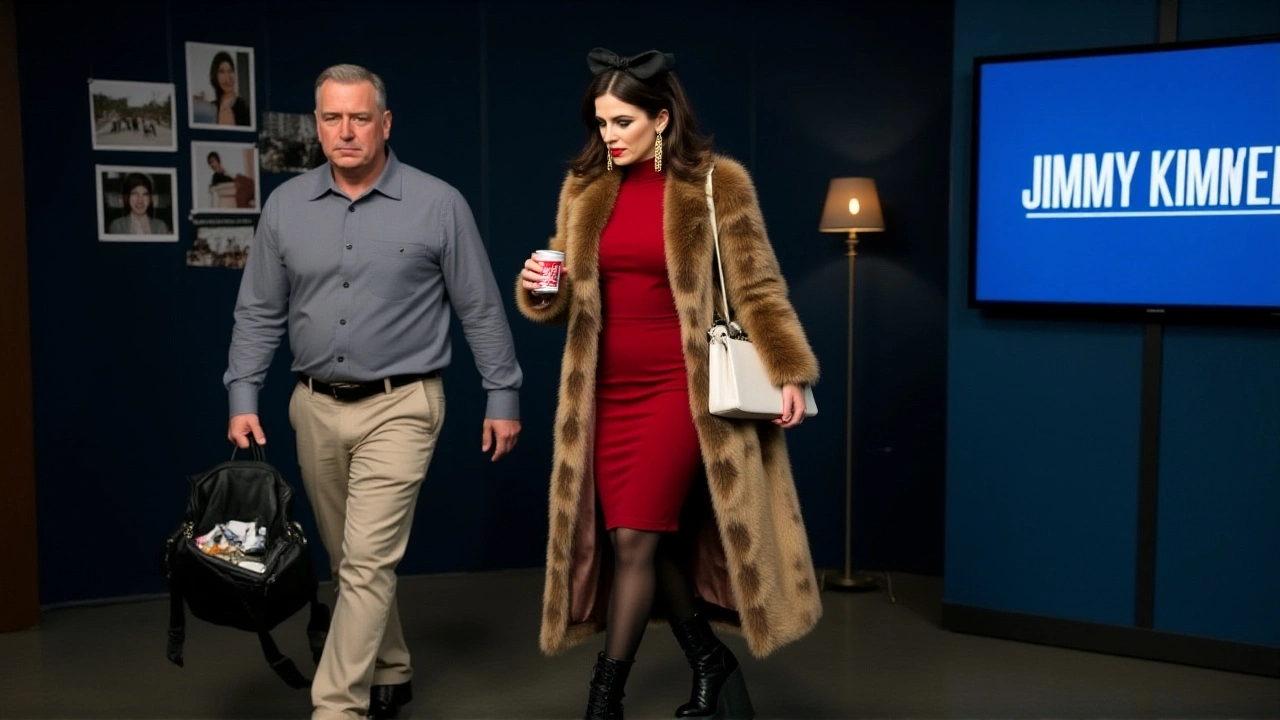
What Happens When You Lose Your Compass Twice
Losing one parent is a seismic event. Losing two within 18 months—especially when one was your emotional anchor—is almost unimaginable. Psychologists call this "cumulative grief." It doesn’t stack neatly. It spirals. It erodes your sense of time, your trust in permanence, your belief that love lasts.Beckinsale didn’t just lose her mother. She lost the last person who remembered her as a child. The last person who knew her before fame, before men, before the cameras. The last person who saw her cry and didn’t ask her to smile.
And yet—she didn’t disappear. She posted. She spoke. She named them. She honored them. That’s not strength. That’s survival.
What’s Next for Kate Beckinsale?
There are no public plans. No film roles announced. No interviews scheduled. Her team has gone quiet. That’s not silence—it’s sacred space.She’s 52 now. The same age her father was when he died. She’ll mark her birthday alone, probably in the same London house where she spent her childhood, surrounded by the things her mother loved: books, tea, photographs she can’t yet bring herself to look at.
Her next project might not be on screen. It might be learning how to breathe again.
Frequently Asked Questions
How did Judy Loe’s death impact Kate Beckinsale’s public persona?
Judy Loe’s death marked a turning point in Beckinsale’s public presence. Unlike many celebrities who use grief as content, she refused to perform sorrow. Her Instagram post was stripped of filters, captions, or hashtags—just raw, unedited truth. This authenticity earned her widespread admiration, not sympathy. It signaled a shift from Hollywood star to human being navigating unbearable loss on her own terms.
Why is the 18-month timeline between Roy Battersby’s and Judy Loe’s deaths significant?
The 18-month window—from Battersby’s death in January 2024 to Loe’s in July 2025—represents an almost impossible emotional pace. Grief doesn’t reset after one loss; it accumulates. For Beckinsale, this meant mourning a father figure while simultaneously caring for her biological mother, leaving no room for healing. Experts call this "compounded bereavement," and it often leads to prolonged depression or emotional paralysis.
How did Richard Beckinsale’s death shape Kate’s childhood?
Finding her father’s body alone at age five left a psychological imprint Beckinsale has openly referenced. She’s described the experience as the moment she learned death is silent, sudden, and solitary. That trauma informed her later relationships, her career choices, and her fierce independence. It’s why she chose to be present for both her stepfather’s and mother’s deaths—she refused to let someone else face that loneliness.
What role did social media play in Beckinsale’s grieving process?
For Beckinsale, Instagram became a private journal made public—not for attention, but for control. In an era where grief is often commodified, she used the platform to dictate the narrative, preempt speculation, and honor her loved ones exactly as she needed to. Her posts were not curated tributes; they were lifelines. Each word was a step toward survival, not performance.
Are there precedents for this kind of layered parental loss in Hollywood?
Yes—but rarely with such public documentation. Gwyneth Paltrow lost her father, Bruce Paltrow, in 2002, then her mother, Blythe Danner, in 2023, a 21-year gap. Beckinsale’s losses are unique in their proximity and the depth of her emotional transparency. Few stars have shared such intimate details of caregiving, guilt, and helplessness. Her honesty may redefine how celebrities navigate public mourning in the future.
What can we learn from Beckinsale’s experience about grief and caregiving?
Beckinsale’s story reveals a brutal truth: caregiving for dying parents often means sacrificing your own healing. She didn’t have time to grieve Battersby before Loe’s diagnosis. That pressure—emotional, physical, logistical—is rarely acknowledged. Her willingness to say, "It was not enough," normalizes the guilt caregivers feel. Grief isn’t linear. And sometimes, love isn’t enough to stop death. That’s not failure. It’s humanity.
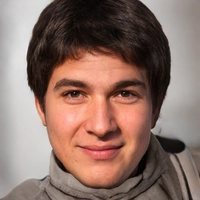
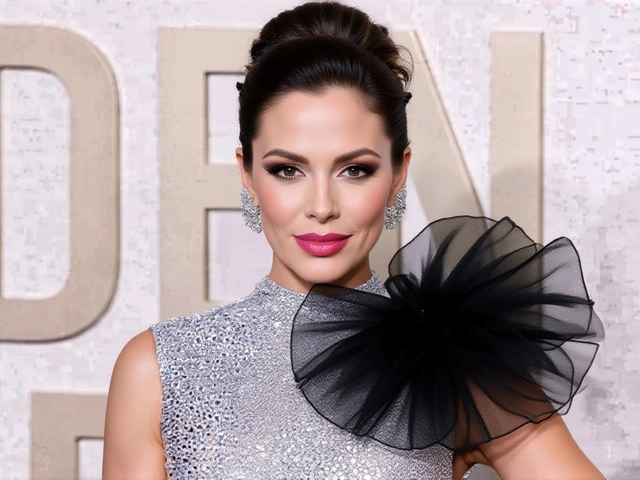
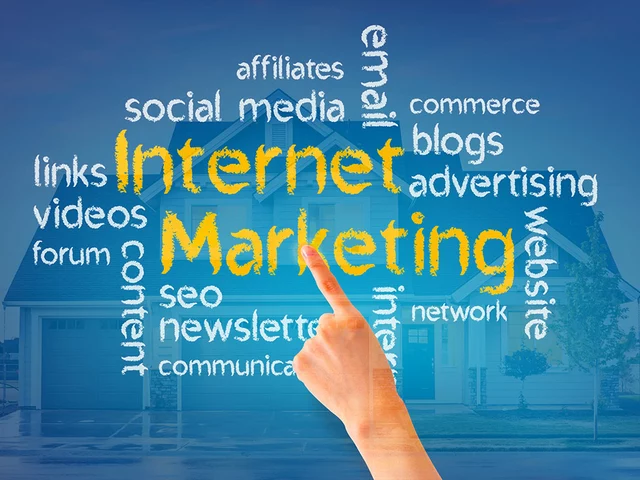
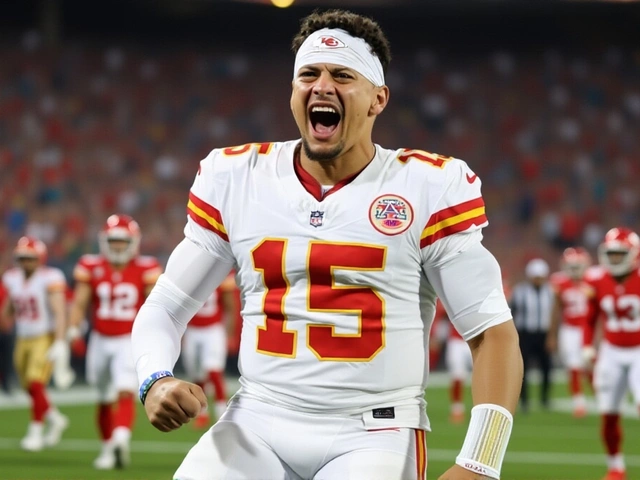

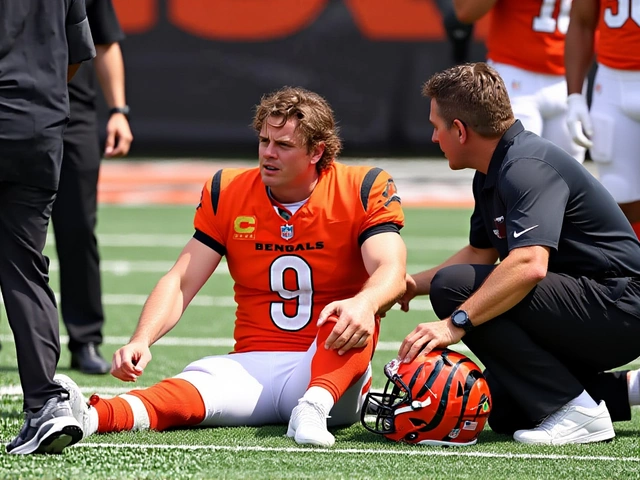
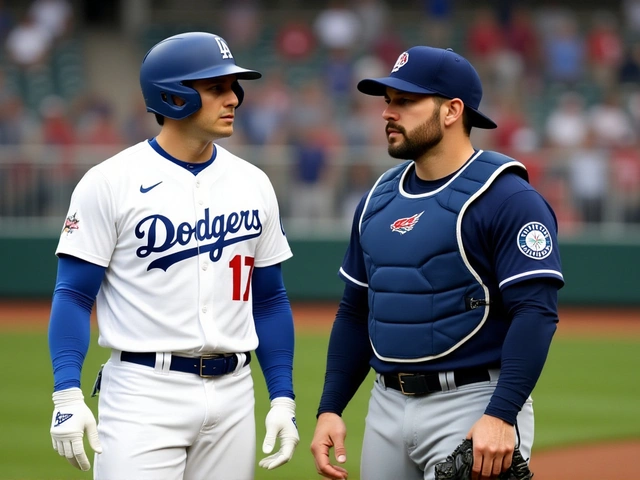
Write a comment